Fear of cold, edema, cold hands and feet, abdominal pain …
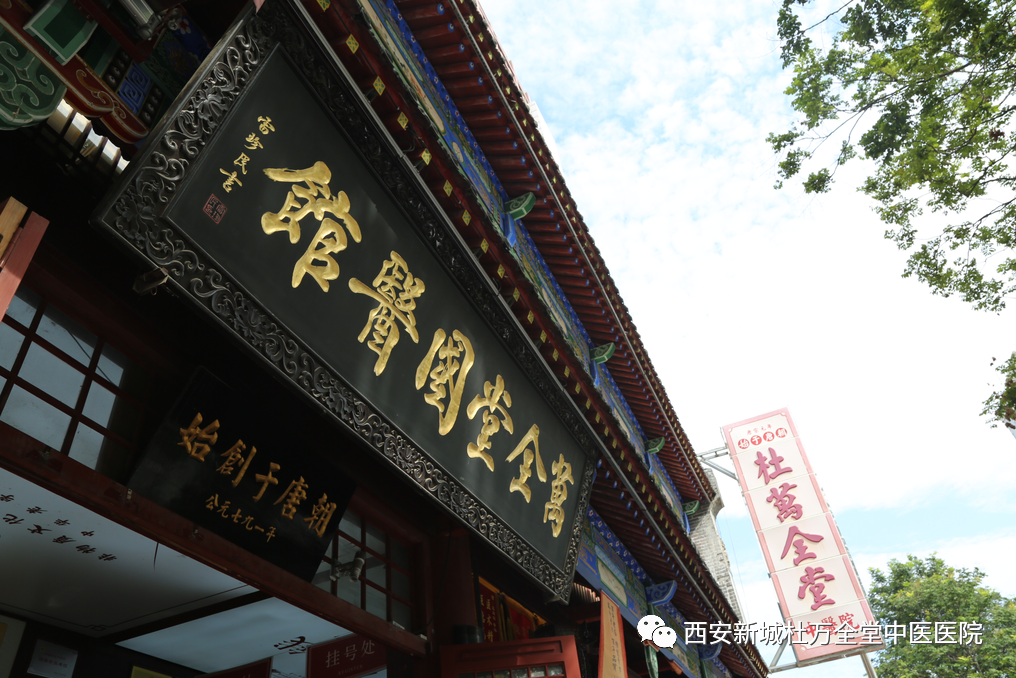
In Traditional Chinese Medicine (TCM), the spleen and stomach are a pair that regulates the internal organs. The spleen is considered a zang (solid organ), while the stomach is a fu (hollow organ), primarily responsible for regulating digestive functions. Generally, the stomach governs the descending function, which can store and digest food, while the spleen is responsible for transformation and transportation, as well as the function of ascending clear qi and governing blood.
What is Spleen and Stomach Yang Deficiency?
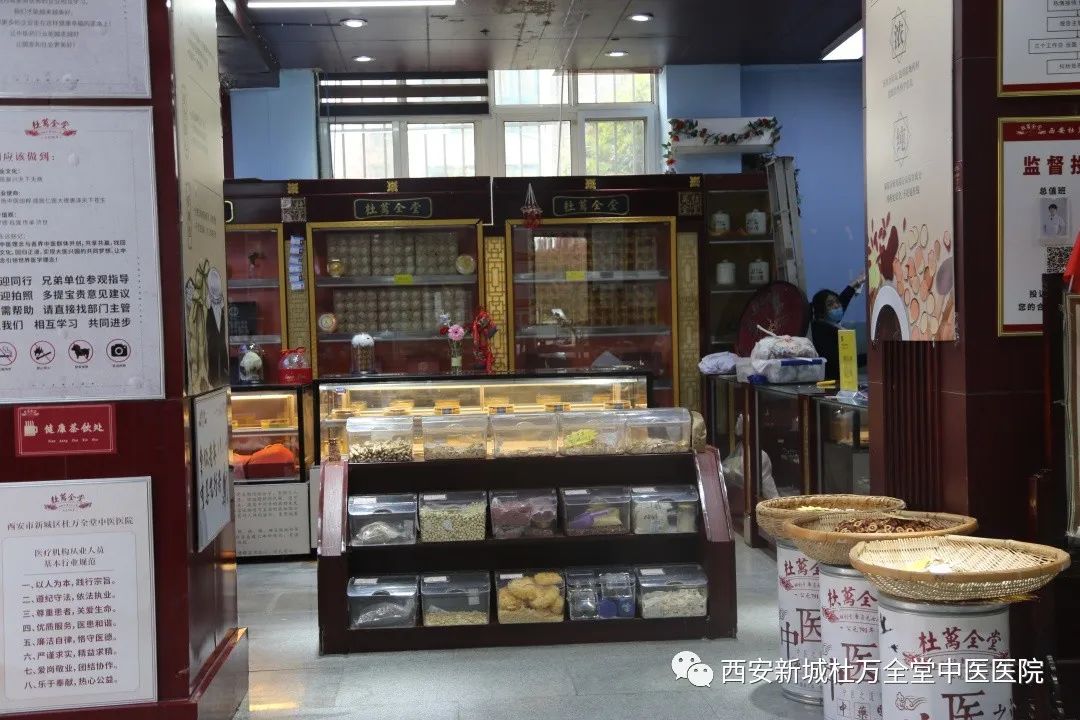
Spleen and stomach Yang deficiency, also known as middle jiao Yang deficiency or spleen Yang deficiency, refers to insufficient Yang qi in the spleen and stomach, leading to a weakened ability to warm the body and resulting in a series of cold symptoms.
Symptoms of Spleen and Stomach Yang Deficiency

Individuals with spleen and stomach Yang deficiency often experience cold hands and feet and are sensitive to cold. Generally, when the Yang qi of the spleen is compromised, the body’s heat will decrease. Therefore, if one is more sensitive to cold than normal, feels cold in the hands and feet even in summer, and is intolerant to cold foods, it is likely due to spleen and stomach Yang deficiency.
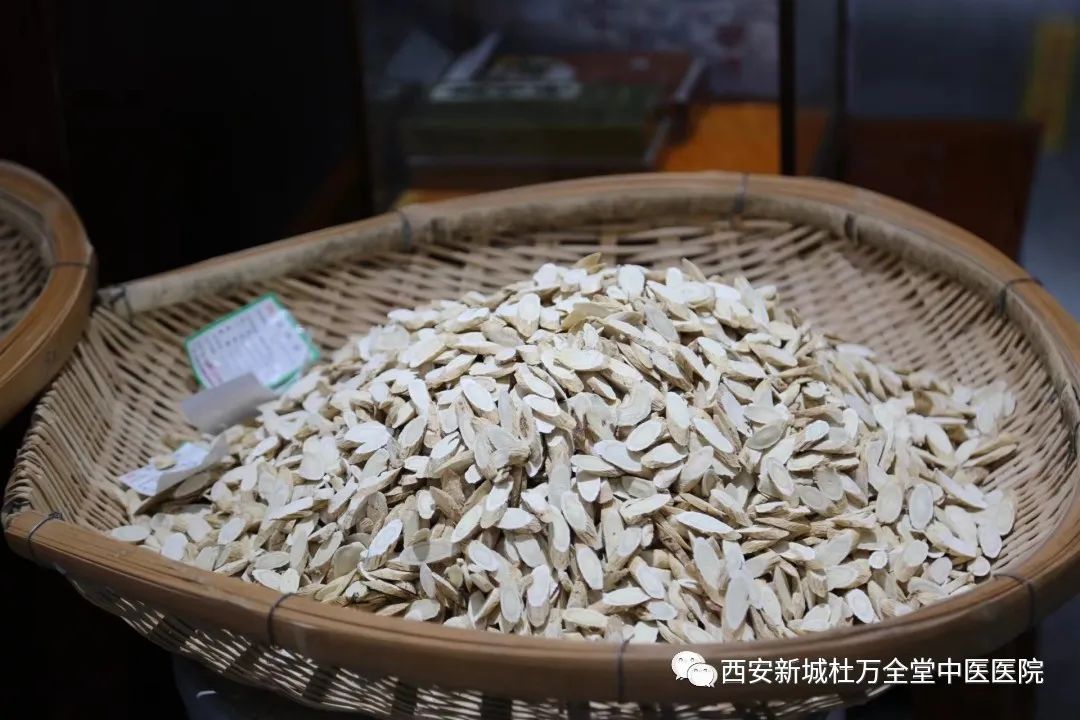
01
Loss of appetite
When we have spleen and stomach Yang deficiency, the functions of the spleen and stomach are affected. The Yang qi of the stomach is insufficient to digest food properly, and the spleen cannot transform and transport essential substances, leading to food stagnation in the stomach and consequently causing loss of appetite.
02
Stomach bloating and abdominal distension
Spleen and stomach Yang deficiency can be simply understood as a decline in the body’s digestive and absorption functions, leading to a lack of body heat and poor blood circulation. Consuming cold, raw foods or exposure to cold can result in stomach bloating and abdominal distension, as the digestive system cannot fully perform its functions.
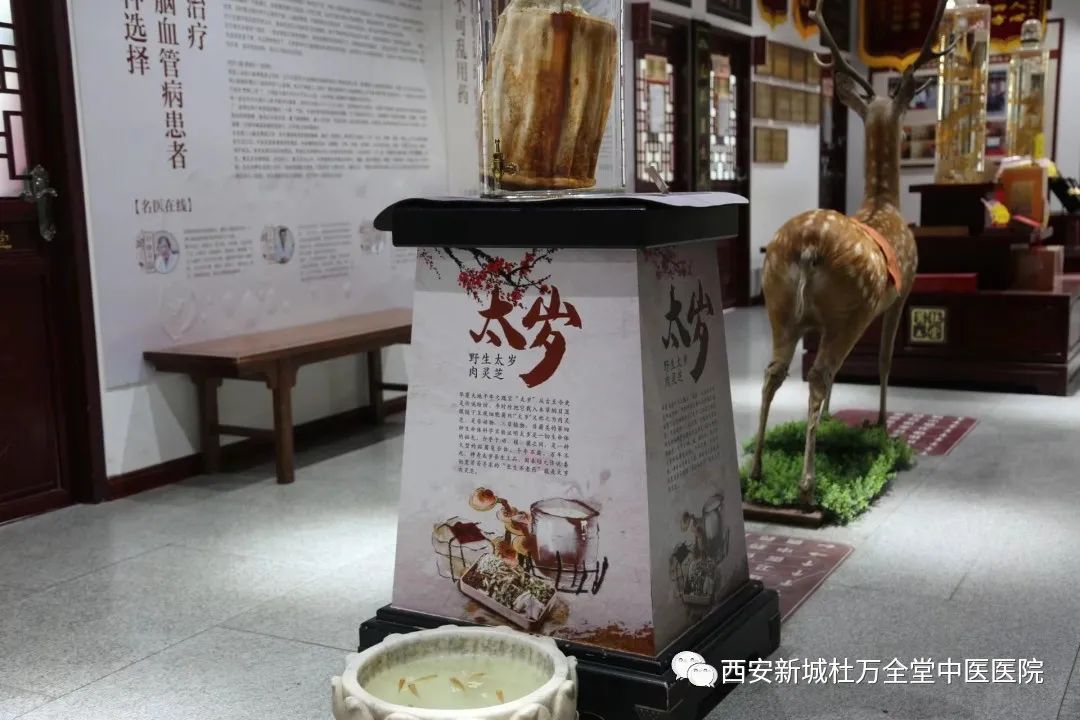
Why does Spleen and Stomach Yang Deficiency occur?
01
Irregular diet
Most young people today rely on takeout, which is often greasy and stimulating. Additionally, they tend to consume cold and raw foods, drink cold beverages, and eat ice cream, which significantly impacts their spleen and stomach, leading to Yang deficiency.
02
Irregular lifestyle
Many young people stay up late for various reasons and cannot ensure adequate sleep. Over time, this leads to spleen and stomach Yang deficiency. Furthermore, many young people do not pay attention to keeping warm, allowing cold to gradually invade the body, resulting in spleen and stomach issues. Therefore, it is essential to maintain good habits and keep warm.
03
Excessive fatigue
Whether physical or mental laborers, excessive fatigue can lead to spleen deficiency. Physical laborers may suffer from overexertion, which gradually depletes qi and blood. Mental laborers may also experience heart and spleen deficiency due to overexertion.
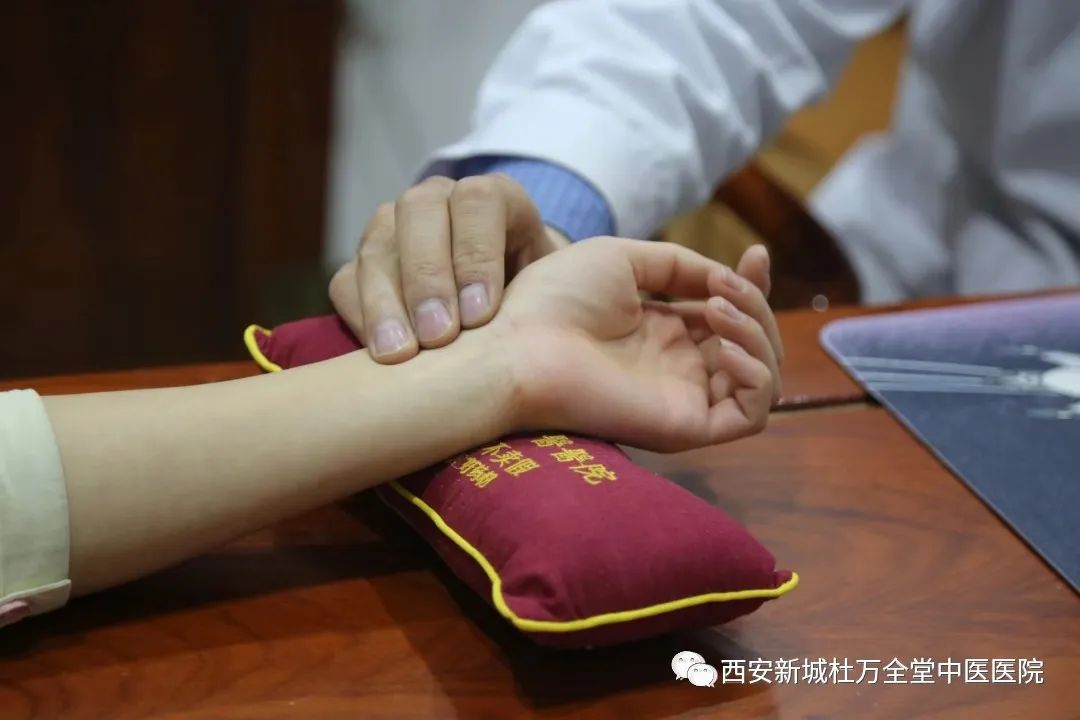
How to regulate Spleen and Stomach Yang Deficiency
01
Diet
Ginger and Jujube Tea
Use 6 large jujubes and 6 slices of fresh ginger, with more ginger than jujubes. Add brown sugar to taste, boil in cold water, bring to a boil, and simmer for 20 minutes. For convenience, one can also purchase ginger tea with jujubes.
Pepper and Pig Stomach Chicken Soup
Prepare one pig stomach and one chicken, along with white pepper, slices of ginger, goji berries, jujubes, longan meat, codonopsis, angelica, and astragalus.
After cleaning the pig stomach and chicken, blanch them in cold water, stuff the chicken into the pig stomach, add the remaining herbs, boil in cold water, bring to a boil, and then simmer for 1-2 hours. After cooking, slice the pig stomach and chicken, return them to the soup, and season with salt and pepper.

02
Exercise
In TCM, the spleen governs the muscles. Individuals with spleen and stomach Yang deficiency often exhibit signs of qi deficiency, which may manifest as thin muscles or, in some cases, as “false obesity” where the body appears plump but lacks muscle tone.
According to the “Huangdi Neijing” (Yellow Emperor’s Inner Canon), it states: “Prolonged lying down injures qi, prolonged sitting injures flesh.” Therefore, those with spleen and stomach Yang deficiency should avoid excessive sitting or lying down and engage in appropriate exercise, such as running, practicing Baduanjin (Eight Pieces of Brocade), or cycling, but should not engage in intense exercise for long periods.
Additionally, individuals with spleen and stomach Yang deficiency should pay attention to keeping their abdomen warm to prevent cold from invading the body. Especially for women, during summer, wearing crop tops can expose the abdomen and waist to cold air, leading to spleen and stomach Yang deficiency. Thus, it is crucial to maintain warmth, particularly in the abdominal area.
Experts from Du Wan Quan Tang recommend (the order of experts does not indicate rank)
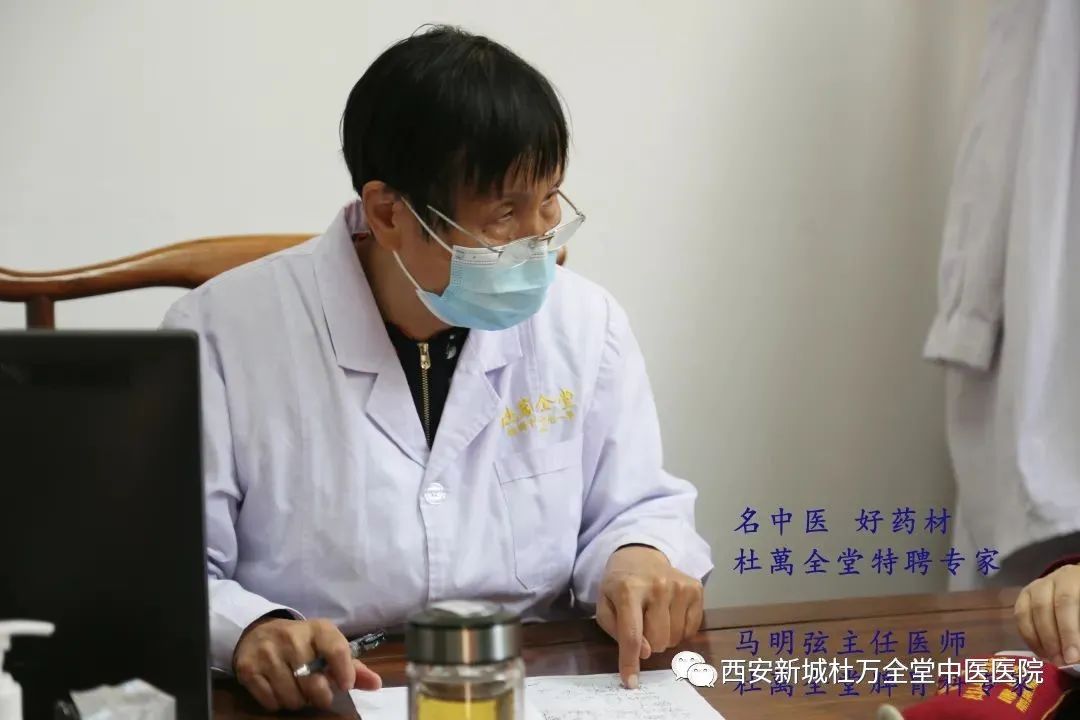
Ma Mingxian, Chief Physician
Former Director of the Gastroenterology Department at Shaanxi Provincial Hospital of Traditional Chinese Medicine, with over 30 years of experience in internal medicine. He combines TCM syndrome differentiation with Western medicine, psychological treatment, and physical therapy, providing unique insights and effective treatments for common and difficult internal diseases. He has published over 20 papers, contributed to 4 medical books, led a provincial scientific research project, and participated in over 10 new drug research projects.
Specializes in:Digestive system diseases, particularly ulcerative colitis, bile reflux gastritis, precancerous lesions of atrophic gastritis, functional constipation, and chronic diarrhea, with unique insights and effective treatment methods.
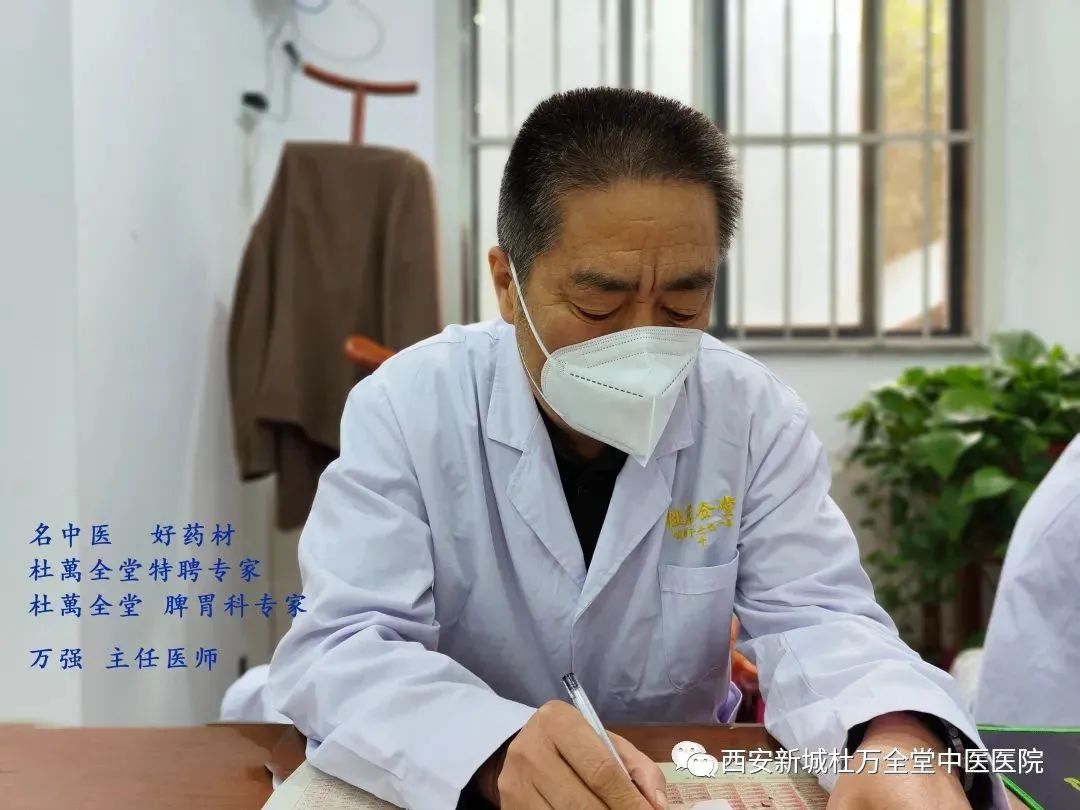 Wan Qiang, Chief Physician at Du Wan Quan Tang
Wan Qiang, Chief Physician at Du Wan Quan Tang
Chief Physician of the Spleen and Stomach Disease Department at Xi’an Traditional Chinese Medicine Hospital, Master’s supervisor; first renowned TCM physician in Xi’an; member of the Chinese Medicine Association’s Spleen and Stomach Disease Committee; executive member of the Mucosal Repair Drug Research Committee of the Chinese Traditional Medicine Association; member of the Internal Medicine Committee of the Shaanxi Traditional Chinese Medicine Association.
Specializes in:Regulating digestive system diseases such as reflux esophagitis, chronic gastritis, gastric ulcers, cholecystitis, post-cholecystectomy syndrome, fatty liver, chronic cough, asthma, coronary heart disease, insomnia, depression, kidney deficiency, impotence, sexual dysfunction, gynecological disorders, breast hyperplasia, dysmenorrhea, menopausal syndrome, and sub-health conditions.
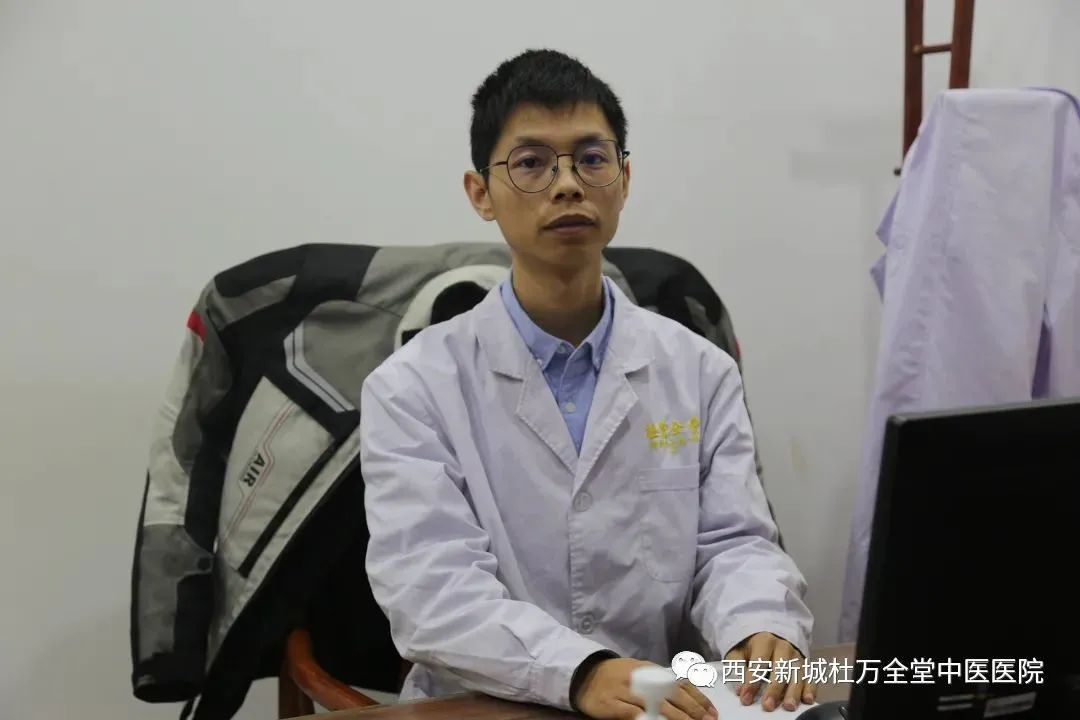
Li Xiurui, Chief Physician
Member of the Chinese Medical Association, member of the Shaanxi Province Xi’an Traditional Chinese Medicine Association. Former Director of the Spleen and Stomach Department and Endoscopy Room at Xi’an Traditional Chinese Medicine Hospital; with over 50 years of clinical experience, has participated in numerous national academic exchange conferences, authored over 20 papers published in TCM journals in Shaanxi, Beijing, and Nanjing, and developed specialized medications for gastric diseases, with extensive clinical experience in reflux gastritis, esophagitis, superficial gastritis, chronic ulcerative colitis, and gynecological diseases.
Specializes in:Superficial gastritis, atrophic gastritis, nodular gastritis, reflux esophagitis, peptic ulcers, gastric polyps, chronic colitis, functional colonic disorders, chronic pancreatitis, hypothyroidism, hyperthyroidism, and other digestive system diseases; hypertension, coronary heart disease, sequelae of cerebral infarction, palpitations, and other cardiovascular diseases; various types of diarrhea, habitual constipation, cholecystitis, gallstones, cough, asthma, pediatric indigestion, and other chronic diseases; acne, adolescent acne, facial pigmentation, and other skin diseases; as well as oral ulcers and glossitis.
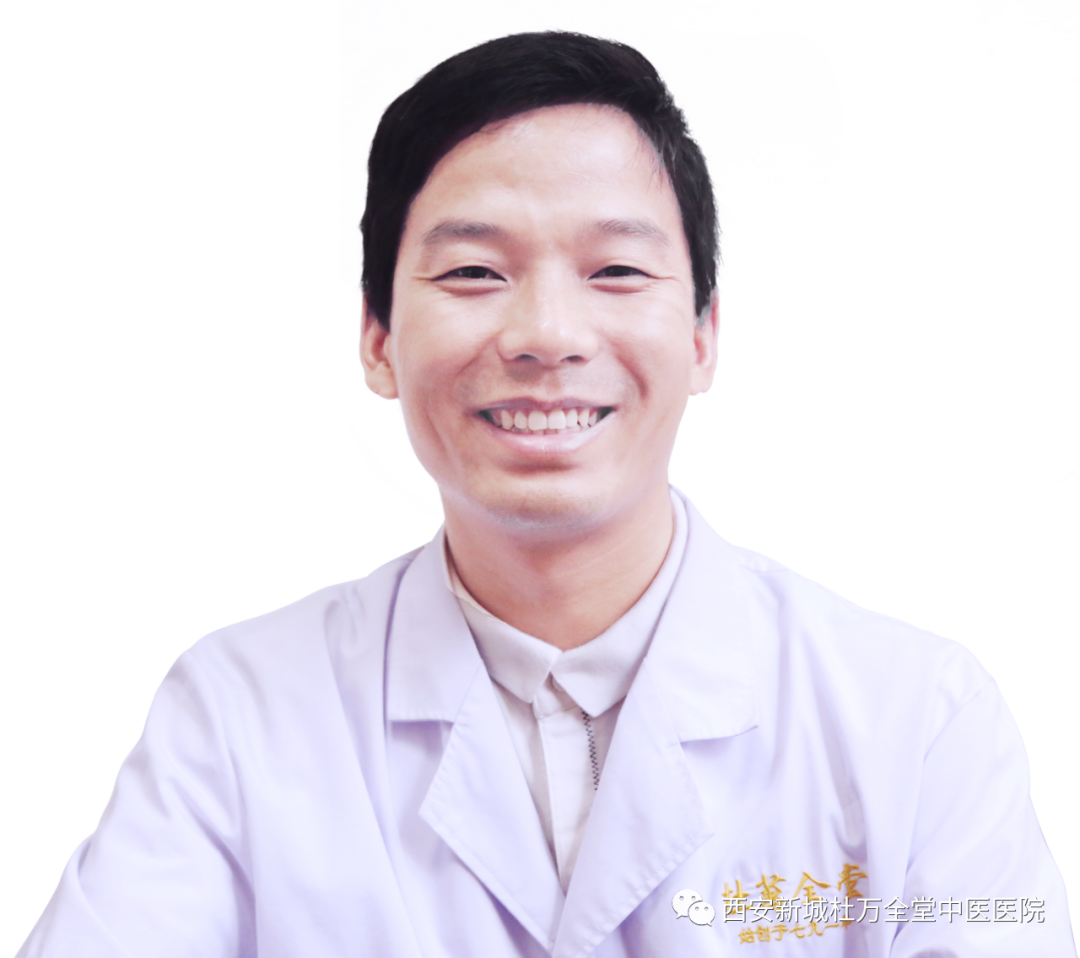
Zhang Haifeng, Attending Physician
Studied at Heilongjiang University of Chinese Medicine and Guangzhou University of Chinese Medicine. Before the college entrance examination, he was guided by renowned physician Sun Man, which solidified his aspiration for TCM. He studied TCM theory systematically while practicing under Sun’s guidance. He later studied under Professor Huang Dehong, a renowned TCM physician from Guangdong Province. He possesses solid TCM fundamentals and excellent clinical skills. After graduation, he has been practicing in various TCM clinics in Xi’an, focusing on TCM treatments across various disciplines. He is young and accomplished, with unique contributions in theory and clinical practice, and has received widespread acclaim for his medical ethics and treatment outcomes. He advocates that all TCM disciplines are closely related and should not be neglected.
Specializes in:Gastrointestinal discomfort, constipation, diarrhea, fatigue, numbness, dizziness, headaches, insomnia, palpitations, skin rashes, coughs, oral ulcers, strokes and their sequelae; women’s menstrual irregularities, excessive leukorrhea, dysmenorrhea, and weakness before and after childbirth; children’s recurrent coughs, weak digestion, developmental delays, constipation, and hyperactivity.

Lu Jingtai, from a family of TCM practitioners
Since childhood, he has studied medicine under his grandfather, mastering the classics and excelling in pulse diagnosis. He later pursued further studies, graduating from Shandong University of Traditional Chinese Medicine, and studied under Professor Zhang Hongyi from a family of imperial physicians. He has visited many renowned physicians in Shandong, integrating various strengths and studying the “Huangdi Neijing”, “Shanghan Lun”, and “Wenbing” theories.
Specializes in:TCM treatment of digestive, gynecological, and various internal diseases. Digestive system issues, chronic gastritis, gastric and duodenal ulcers, erosions, atrophic gastritis, chronic colitis; gynecological issues, breast hyperplasia, menstrual irregularities, leukorrhea, menopausal syndrome, ovarian cysts, uterine fibroids, etc.; internal medicine issues, dizziness, stubborn insomnia, coronary heart disease, hypertension, diabetes, etc.
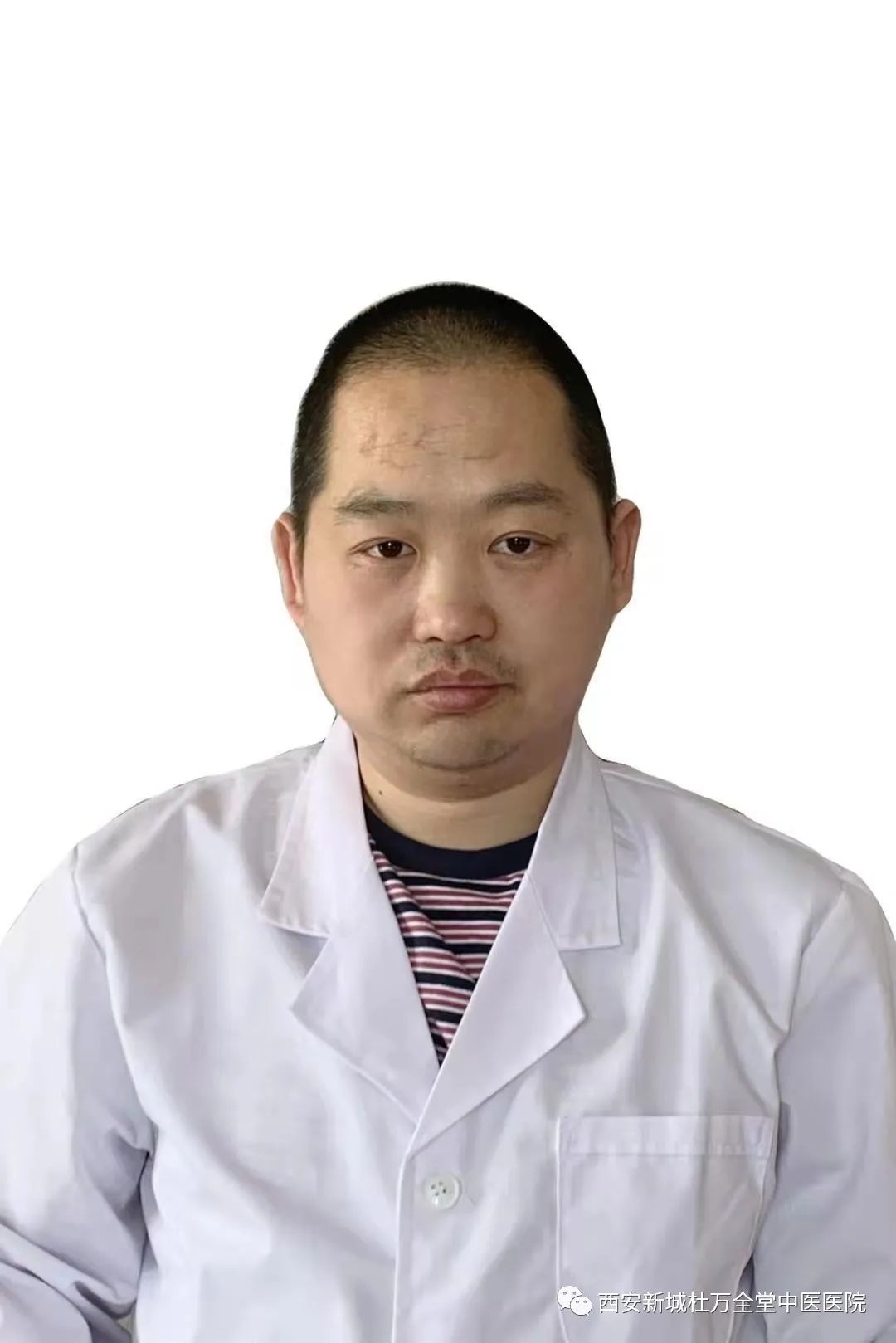
Sun Naixiong, Special Expert at Du Wan Quan Tang
Graduated from Beijing University of Chinese Medicine, has followed his father, Mr. Sun Man, in clinical practice and teaching for many years, and has been engaged in clinical diagnosis and treatment for 15 years, specializing in using Chinese medicine to regulate common diseases in internal medicine, gynecology, and pediatrics.
Specializes in:Spleen and stomach diseases, such as oral ulcers, superficial gastritis, stomach pain, gastric erosion, digestive tract ulcers, gastrointestinal diseases, colitis, etc. He also has in-depth research on diseases such as gout, psoriasis, ankylosing spondylitis, and low immunity.
(Source: Some information sourced from the internet; if there is any infringement, please contact for removal)

